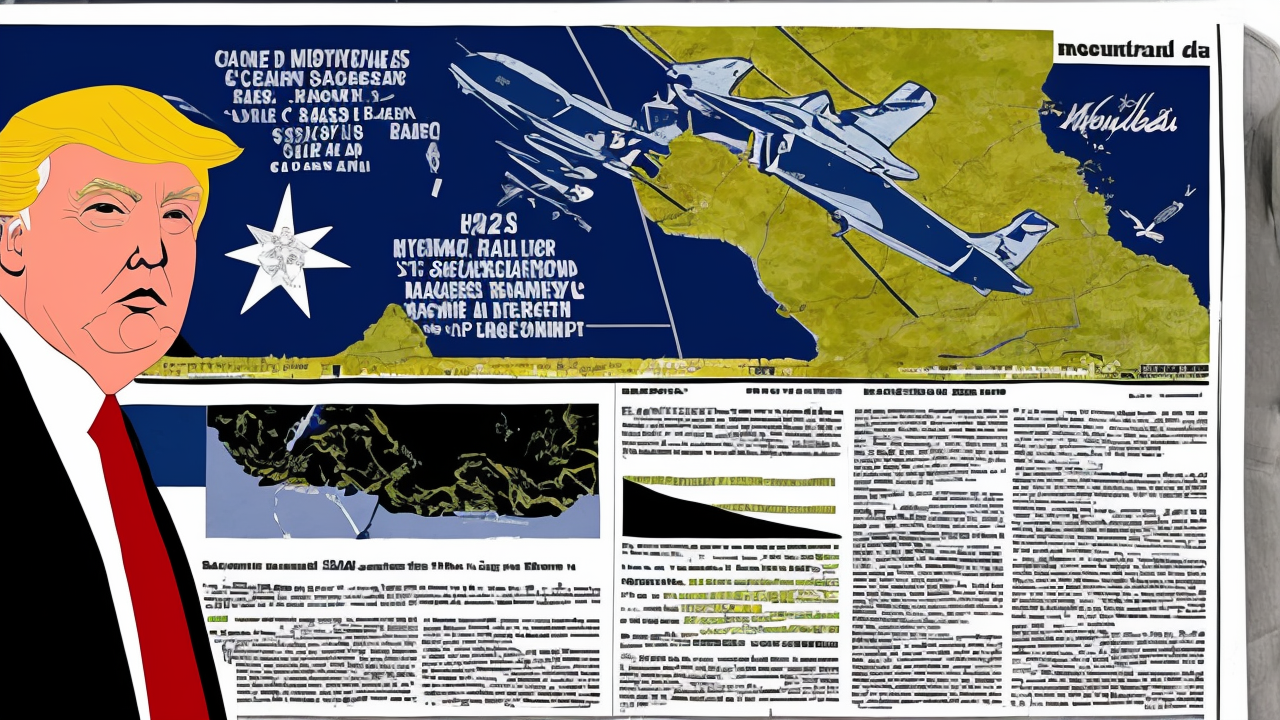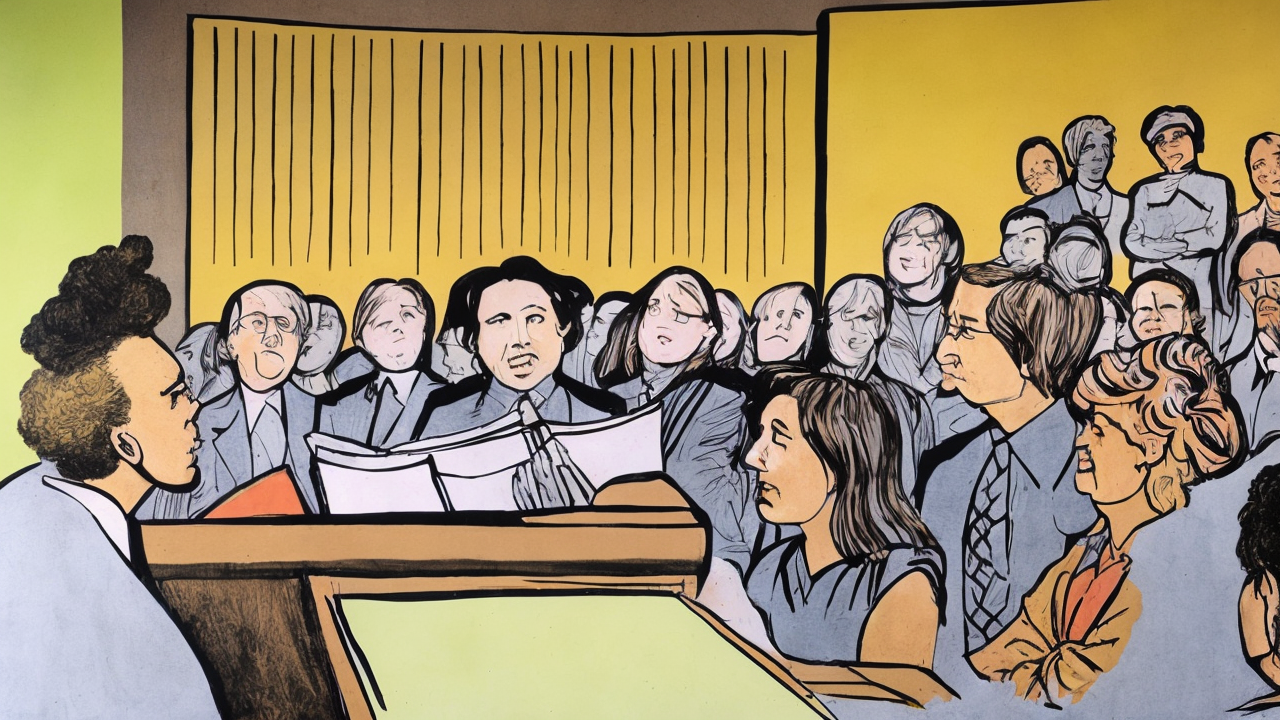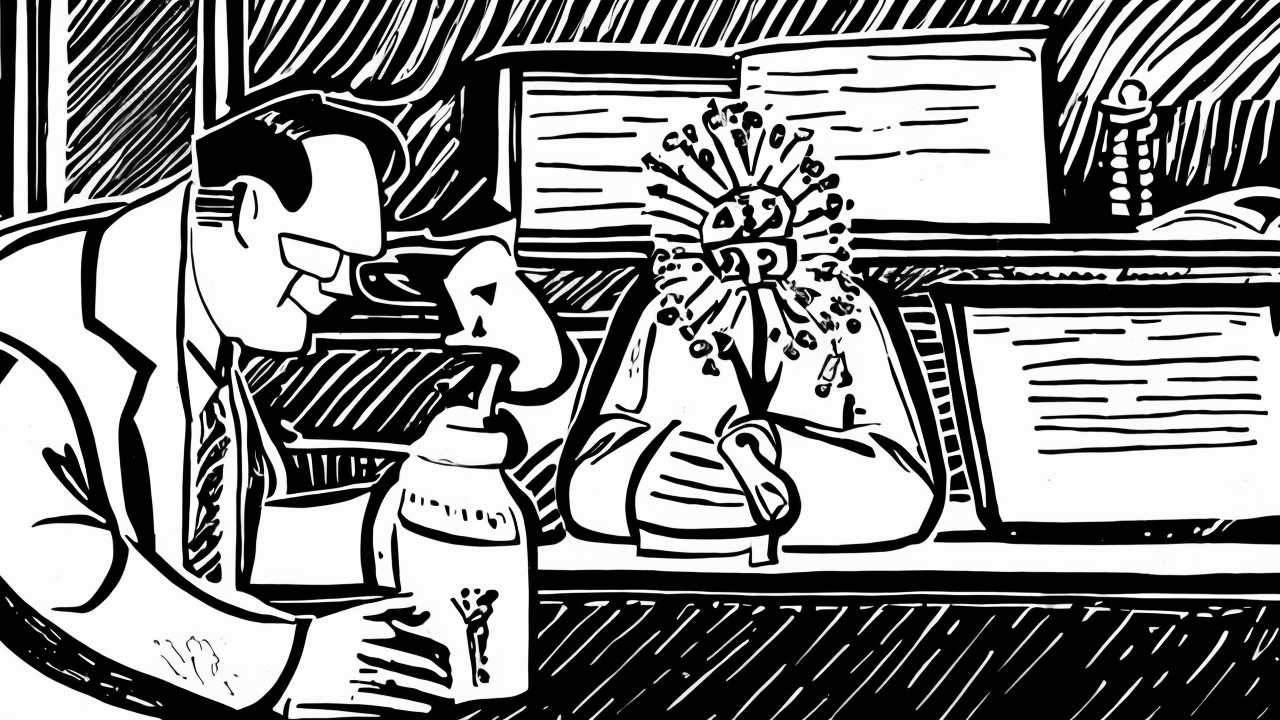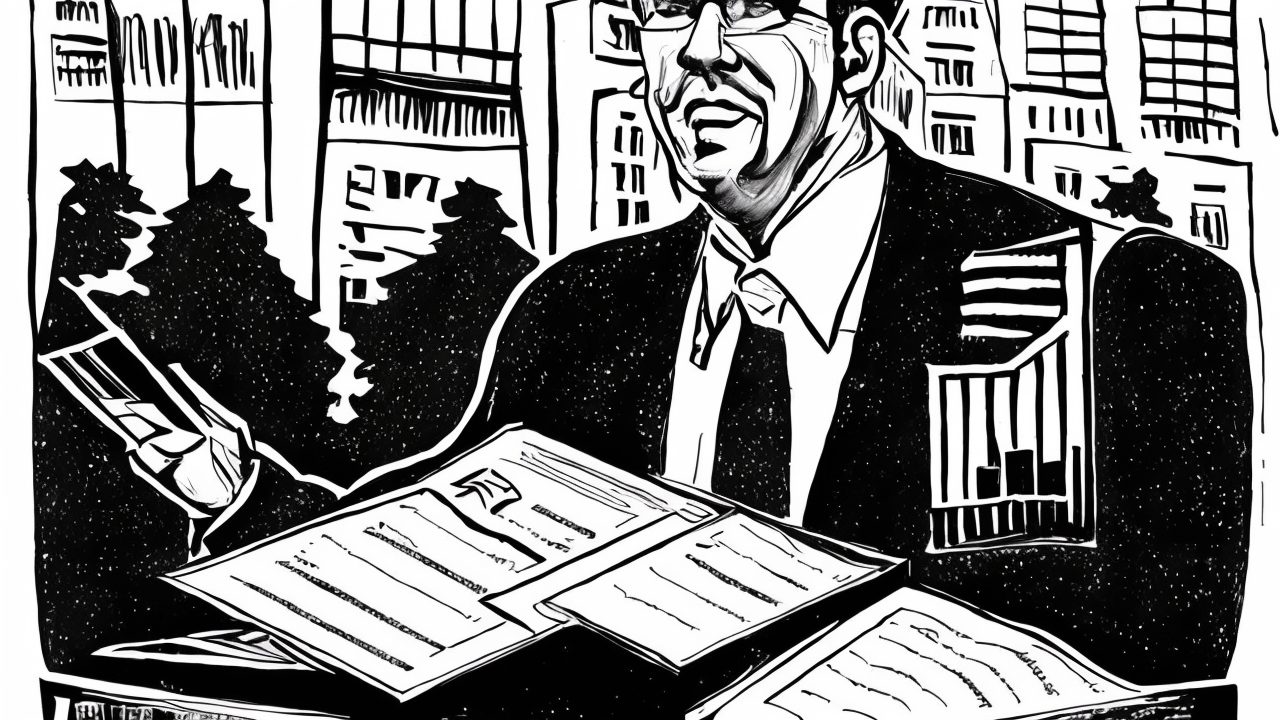August Jobs Report Reveals Economic Stagnation Amid Policy Uncertainty

The latest jobs report for August reveals a troubling reality: the American labor market is not expanding—it is stagnating. Just 22,000 new jobs were added, falling far short of expectations. When we account for the revised downward estimates from June and July—combined, a loss of 21,000 jobs—the full picture becomes clear. Growth has stalled, and confidence in the economy is weakening.
While the numbers grab attention, the deeper story lies in the policies shaping how people work, invest, and plan for their futures. One major contributor to this slowdown is the ongoing instability in trade policy, particularly the continued use of tariffs. When businesses can’t predict the cost of raw materials or the fate of export markets, long-term planning becomes uncertain. Employers hesitate to hire when they can’t foresee future costs or demand. This isn’t speculation. In August, manufacturing employment dropped by 12,000—a clear sign that industrial confidence remains fragile. The frequent, unpredictable shifts in tariff policy, often announced without clear explanation or transparency, erode the foundation of sound business practice: predictability.
Compounding this issue is the steady decline in federal employment. More than 97,000 fewer people now work in government roles than in previous years. At first glance, reducing government staff may seem like a step toward fiscal responsibility. But the consequences are real. When public sector jobs vanish without a corresponding rise in private-sector dynamism, the overall economy loses momentum. Moreover, the loss of experienced professionals in regulatory and administrative roles creates bottlenecks that delay essential services and hinder innovation.
Inflation continues to weigh heavily on families and small businesses. Even as headline figures fluctuate, the cost of living remains a constant pressure on household budgets. Workers are stretched thin, and employers face rising labor and operational costs. In this environment, hiring is no longer a strategic decision—it is a calculated risk. Companies are less likely to expand when they can’t afford the uncertainty.
What often goes unnoticed is that economic vitality has never come from government mandates alone. It has always emerged from the freedom of individuals and communities to create, innovate, and serve one another through honest work. The American tradition has long held that prosperity is not a gift, but a result of hard work, stewardship, and personal responsibility. When policies undermine confidence, disrupt predictability, or weaken the incentives to work, invest, and grow, they do more than slow GDP—they damage the social fabric.
The answer is not more centralization or a larger bureaucracy. It is a return to foundational principles: the rule of law, fiscal discipline, and respect for individual initiative. Policies that reduce red tape, lower tax burdens on small businesses, and promote stable trade relations are not just good for business—they are essential for preserving the dignity of work and the promise of upward mobility.
The August jobs report is not just a set of statistics. It is a wake-up call. It reminds us that strong economies are built on more than data. They are built on trust, consistency, and enduring values—hard work, responsibility, and self-reliance. As we move forward, we must support policies grounded in common sense and a commitment to the common good. Only then can we restore the conditions where every American, regardless of background, finds purpose in work and hope in the future.
Published: 9/5/2025








